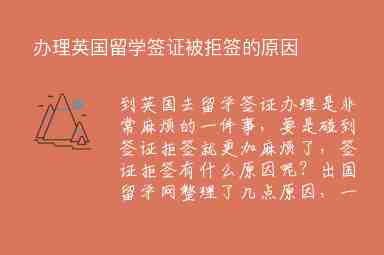civilrights是指公民在、社会和经济方面享有的基本权利,这些权利保障了公民的平等和自由。它包括但不限于言论自由、信仰自由、平等就业机会、公平司法程序等。
怎么读(音标)
['ˈsɪvl raɪts]
用法
civilrights作为一个名词,常用于单数形式,表示“公民权利”。它可以用作主语、宾语或定语,常见的搭配有“protect civil rights”(保护公民权利)、“violate civil rights”(侵犯公民权利)等。
例句1-5句且中英对照
1. The Civil Rights Act of 1964 was a landmark legislation that aimed to end segregation and discrimination based on race, color, religion, sex, or national origin. (《1964年民权法案》是一项具有里程碑意义的立法,旨在终结基于种族、肤色、信仰、性别或国籍的隔离和歧视。)
2. The Civil Rights Movement of the 1950s and 1960s was a social movement that fought for equal rights and opportunities for African Americans. (20世纪50年代和60年代的《民权运动》是一场为非裔美国人争取平等权利和机会的社会运动。)
3. The Supreme Court's ruling in Brown v. Board of Education was a major victory for the civil rights movement, as it declared segregation in public schools unconstitutional. (《布朗诉教育局》案的最高裁决是民权运动的重大胜利,它宣布公立学校的隔离是违宪的。)
4. The Voting Rights Act of 1965 was a significant piece of legislation that aimed to protect the right to vote for all citizens, regardless of race or ethnicity. (《1965年权法案》是一项重要的立法,旨在保护所有公民无论种族或族裔都享有的投票权。)
5. The civil rights movement paved the way for other social justice movements, such as the women's rights movement and LGBTQ+ rights movement. (民权运动为其他社会正义运动铺平了道路,如妇女权利运动和LGBTQ+权利运动。)
同义词及用法
1. Human rights - 人权:指人类在生活中应享有的基本自由和尊严,常用于国际范围。
2. Equal rights - 平等权利:指每个人都应享有同样的机会和待遇,不受歧视。
3. Civil liberties - 公民自由:指公民在、社会和文化方面所享有的自由,如言论自由、信仰自由等。
4. Constitutional rights - 宪法权利:指公民在宪法中规定的基本权利,如言论自由、平等权利等。
5. Human rights movement - 人权运动:指为争取人权而进行的社会运动,如民权运动、妇女权利运动等。
编辑总结
civilrights是一个重要的概念,它保障了公民在、社会和经济方面的基本权利。通过保护公民的平等和自由,civilrights有助于促进社会公平和正义。它也为其他社会正义运动提供了借鉴和启发。作为网络词典编辑翻译人员,我们应该准确理解并传达这一概念,并帮助读者更深入地认识civilrights的意义和重要性。


